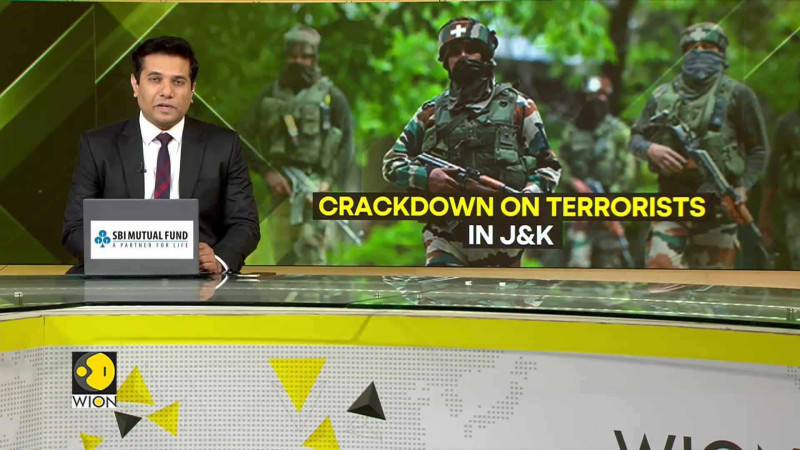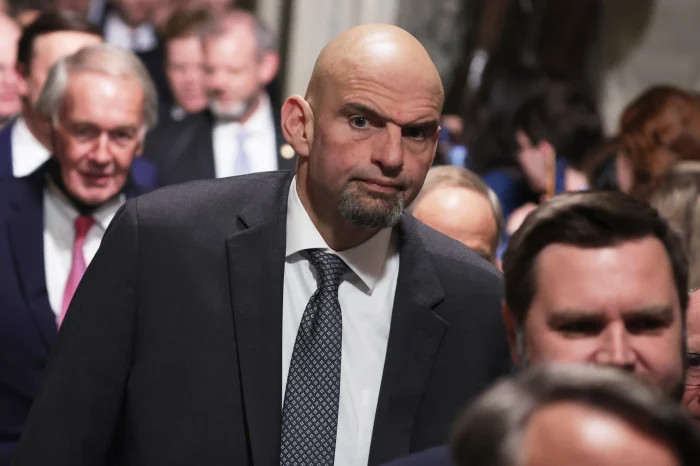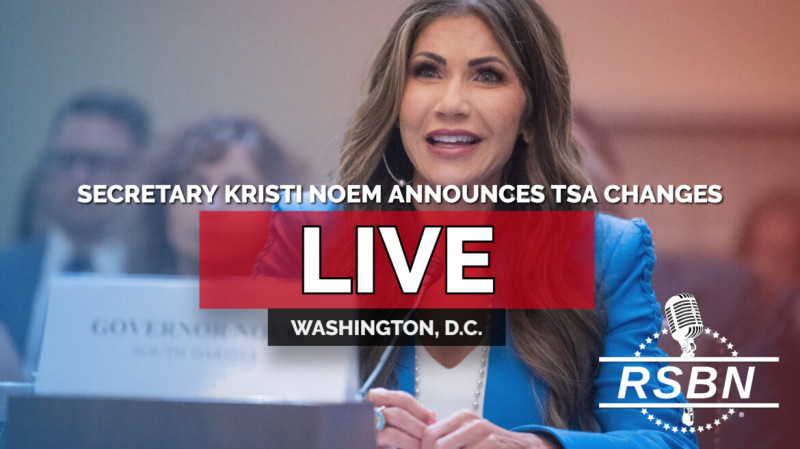In a move that has sent shockwaves through the defense community and beyond, Defense Secretary Pete Hegseth announced Operation Southern Spear this week. The operation aims to tackle what he calls "narco-terrorists" in the Western Hemisphere with unprecedented force . But is this just another grandiose military campaign or a genuine step towards security?
Operation Southern Spear is not your average military maneuver; it's an all-encompassing strategy that seeks to dismantle drug trafficking networks and their associated terrorist activities. The term "operation" itself, derived from the Latin word opus, meaning work , encapsulates the multifaceted approach required for such a mission. It’s not just about boots on the ground but also involves intelligence gathering, cyber warfare, and international cooperation .
The timing of this announcement couldn't be more fortuitous—or perhaps ominous—given recent global events. Just last week, we witnessed another major ICE operation targeting illegal alien sex offenders in Florida , highlighting the ongoing struggle with border security and criminal activities within our borders. Operation Southern Spear seems to be a direct response to these challenges, aiming to address the root causes of such issues by cutting off funding sources from drug trafficking organizations.
But let's not forget that this is Pete Hegseth we're talking about. The man who once led the charge against political correctness and now finds himself at the helm of a new military initiative. His rhetoric has always been fiery, but does it translate into effective action? Critics argue that Operation Southern Spear might be more spectacle than substance . They point out that previous operations have often fallen short of their lofty goals due to logistical challenges, bureaucratic red tape, and international political complexities.
Moreover, the term "narco-terrorist" is a loaded one. It conjures images of shadowy figures dealing in blood money and wreaking havoc across continents. But what does it really mean? Is every drug trafficker a terrorist by default? The answer isn't clear-cut. While there's no denying that many drug cartels engage in violent activities, labeling them all as terrorists risks oversimplifying the issue . It could also lead to collateral damage and human rights violations if not handled with care.
Operation Southern Spear is undoubtedly a bold move, but its success will depend on more than just military might. It requires a nuanced understanding of the socio-economic factors driving drug trafficking, as well as robust diplomatic efforts to build trust among nations in the region . The operation must also be transparent and accountable to ensure that it doesn't become another case study in mission creep or unintended consequences.
In conclusion, Operation Southern Spear represents both hope and skepticism. It's a call to arms against a formidable enemy, but it also raises questions about its feasibility and potential pitfalls. As the dust settles on this announcement, one thing is certain: the coming months will be crucial for determining whether this operation lives up to its name or becomes just another chapter in the ongoing saga of military interventions.



